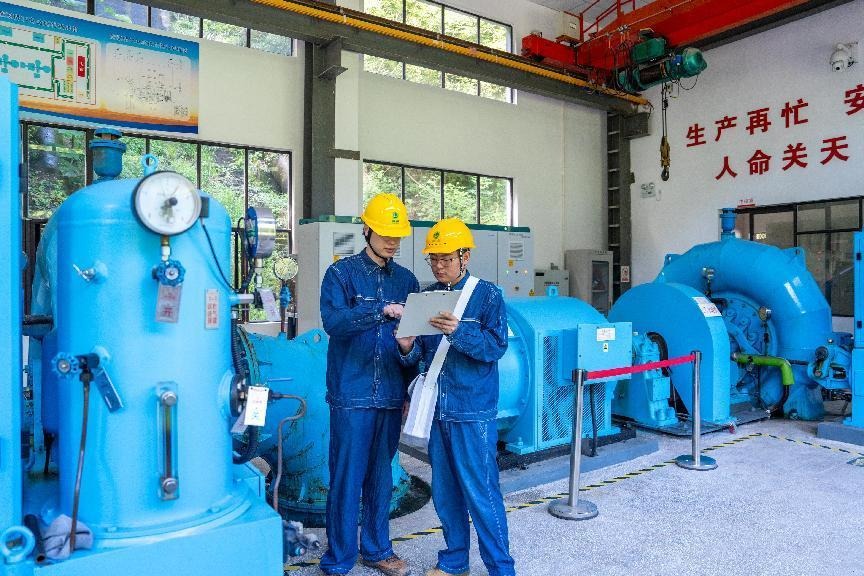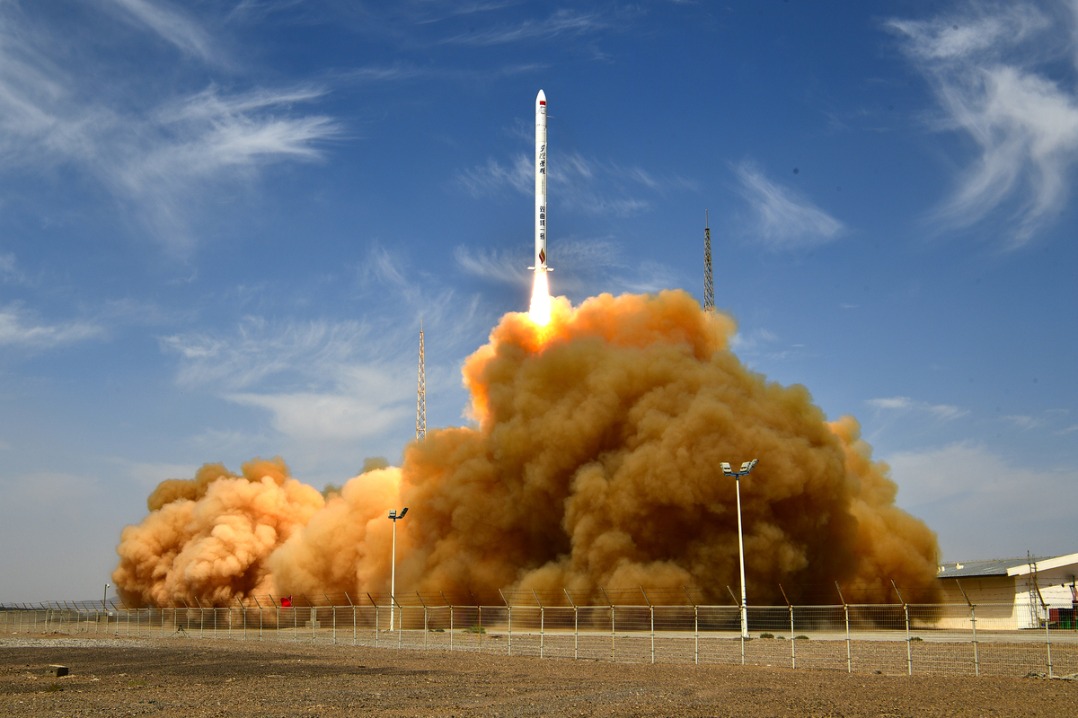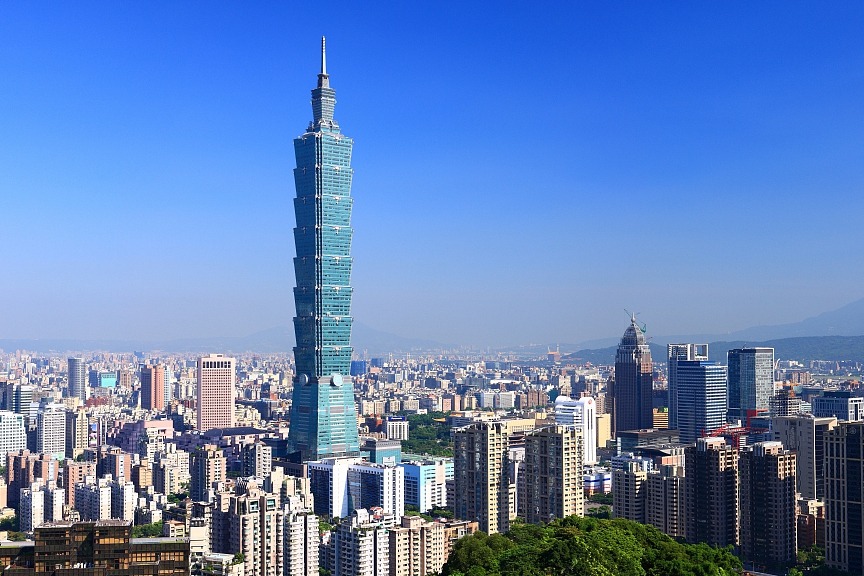What does easing of Sino-US ties signify?


High-level interactions between China and the United States have increased in recent months, fostering a warmer atmosphere. New dialogue mechanisms and communication channels have been established, including the creation of working groups to tackle economic, financial, and business issues. The two countries are also engaging in dialogue and negotiations on diplomacy, climate change, the Korean Peninsula nuclear issue, arms control and nuclear non-proliferation.
Last month, Foreign Minister Wang Yi visited the US, laying the groundwork for the participation of President Xi Jinping in the APEC Economic Leaders' Meeting in San Francisco from Nov 14 to 17 and the meeting between the Chinese and US leaders.
Both Beijing and Washington are working to normalize bilateral ties, with the US reiterating its commitment to the one-China principle and its stance that doesn't support "Taiwan independence". The US side has stressed it does not seek "decoupling" from China, and the Joe Biden administration has extended the agreement between the two countries on cooperation in science and technology by six months. In a reciprocal gesture, China has signed agreements to make its first bulk purchase of US agricultural products in six years. That the deal is worth billions of dollars shows China's willingness to improve relations with the US.
While there has been a slight improvement in Sino-US relations due to high-level interactions, it's important to realize that no substantial breakthrough has been achieved. Both countries are engaged in primary-level dialogue and communication, but a lack of strategic mutual trust has prevented the two sides from reaching a consensus on any issue, especially because the US is yet to take any substantial action to rebuild mutual trust.
Also, the Biden administration continues to exert pressure on China by resorting to a two-pronged strategy. In August, Biden signed an executive order restricting investments in sensitive technology sectors such as semiconductors, quantum computing and artificial intelligence, and demanded that US companies report their investments in other technology sectors in China to the US administration. And on Oct 17, the US Department of Commerce imposed new export controls, significantly restricting exports to China.
Worse, the Biden administration approved a new economic deal with Taiwan, providing military assistance to the island through the presidential drawdown authority and then announcing the 11th round of arms sales to Taiwan, in a bid to support Taiwan in resisting reunification by force.
On the South China Sea issue, the US continues to sow discord between China and its neighbors. It has strengthened its relations with Vietnam and is supporting the Philippines in its provocative moves at China's Ren'ai Reef. The US has also imposed illegal sanctions on Chinese officials citing the so-called Tibet issue, which is a direct interference in China's internal affairs.
Besides, US Secretary of State Antony Blinken, after visiting China, said that it is no secret that there are differences between the US and China, and Washington will continue to stand for its interests, stand up for its values and continue to do things and say things that Beijing doesn't like.
The US' current policy toward China is a combination of engagement and dialogue alongside strategic competition. The dialogue helps the US in the strategic competition with China. In fact, the improvement in Sino-US relations can be largely attributed to the Biden administration's tactical adjustments in its policy toward China. The reasons behind these adjustments are not complex.
First, Biden's moves are in response to concerns raised by rational voices within the US that have warned that the US' China policy is unbalanced, emphasizing that intensive competition with China leads to excessive tensions.
Second, the Biden administration recognizes the need for China's cooperation to address various global issues, such as the Russia-Ukraine conflict, regional instability, climate change, economic and trade matters, international finance, and the opioid crisis in the US.
Third, as the host of the Asia-Pacific Economic Cooperation meeting, the US is keen to demonstrate its global leadership and improve its international image. It attaches great importance to persuading China's top leadership to participate in the APEC event and arrange for a meeting between the two countries' leaders.
And fourth, Biden is strategically positioning himself for the 2024 US presidential election. It is a known fact that China-related issues will feature prominently in the presidential debates next year, which makes Biden's approach toward China a strategic and tactical move rather than a fundamental shift in policy. In fact, the US has been adjusting its China policy since the Barack Obama administration's "pivot to Asia" strategy.
Whether from the perspective of the US' China policy, the current state of Sino-US relations or the US' domestic political landscape, the Biden administration does not intend to fundamentally change the current policy of taking a tough stance against China.
As long as the US maintains its sense of superiority, its hegemonic mindset and its ideological biases toward China, it will not change its "China-containment" strategy.
Given these facts, China should adopt a prudent strategy to manage both competition and cooperation with the US, even seeking cooperation through competition. China must always keep its interests in mind when seeking common ground with the US, and make it a priority to ensure that the US' "five noes" commitments (the US does not seek a new Cold War, does not seek to change China's system, does not seek to confront China through strengthened alliances, does not support "Taiwan independence" and does not seek conflict with China) are realized, while also identifying areas where its interests intersect with those of the US to expand cooperation.
Constructing a genuine safety barrier, as Biden intends to build, is essential to effectively preventing the escalation of Sino-US competition and conflicts. After all, a stable Sino-US relationship is in the interest of both nations and plays a pivotal role in global peace and regional stability.
The author is deputy director of the Institute of American Studies, Chinese Academy of Social Sciences. The views don't necessarily represent those of China Daily.
If you have a specific expertise, or would like to share your thought about our stories, then send us your writings at opinion@chinadaily.com.cn, and comment@chinadaily.com.cn.

































